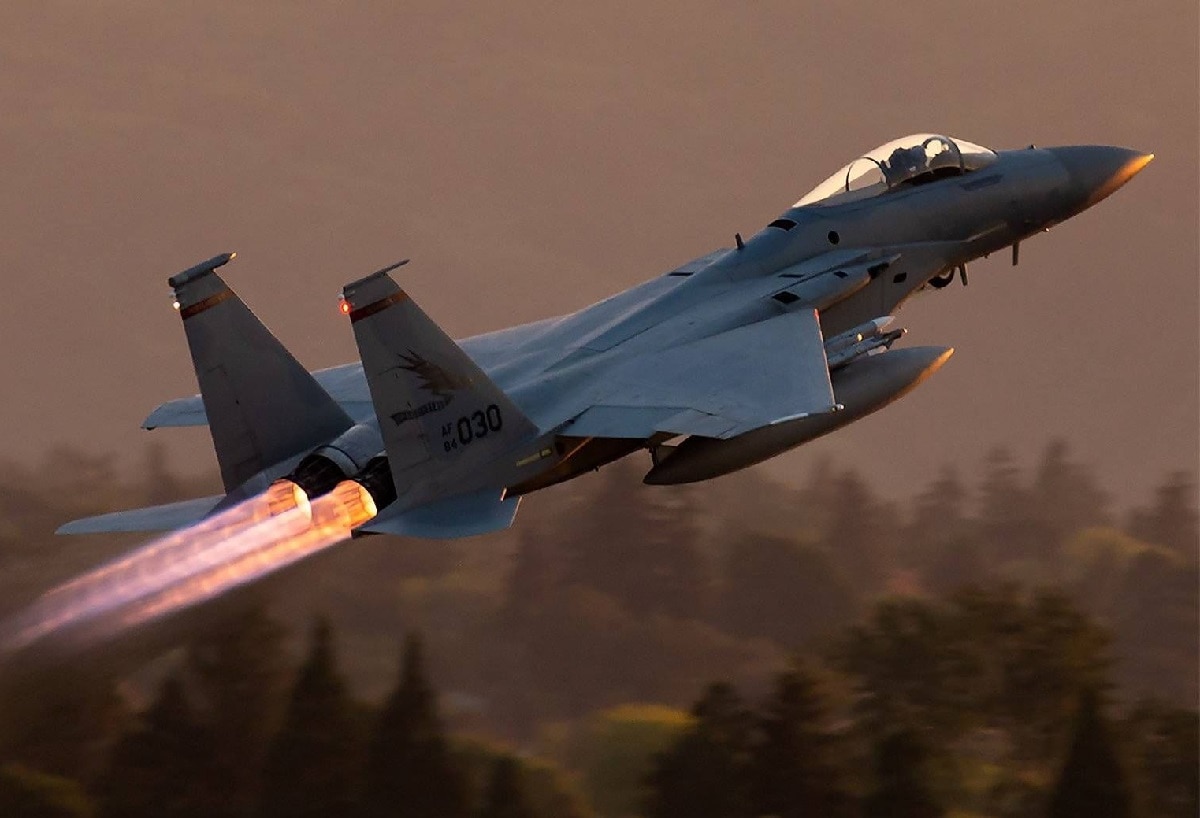Putin Issues New Warning Over Western Missile Supplies to NATO and the Broader West? – The Kremlin has made no secret of its opposition to western assistance for Ukraine, repeatedly warning that aid convoys headed to Ukraine were a legitimate target for the Russian military. However, Russian President Vladimir Putin issued a fresh warning on Sunday against the continued supply of weapons to Ukraine.
Russia’s state-run TASS news agency quoted comments from Putin during an interview on Rossiya-1, a national television broadcaster, in which he criticized the delivery of American rocket launchers to Ukraine.
A Threat Against NATO?
Putin said that if the West went ahead and delivered long-range weapons to Ukraine, which would allow Kyiv to order military strikes on Russian soil, then the Russian military would begin striking new locations – however, he did not explicitly suggest that Russia would strike NATO soil.
“If it now comes to rockets and they are supplied, we will draw conclusions from that and employ our weapons that we have in sufficient quantities to strike those facilities that we are not attacking so far,” he said.
Putin’s refusal to mention specific targets was likely intentional, alluding to the possibility of striking NATO territory without actually saying it. Nobody knows whether Putin would escalate the war in Ukraine to that extent, with the Kremlin knowing just as well as Western governments that any strike on NATO soil would be the beginning of what would possibly be World War III.
Putin Brags Of Russian Gains, “Cracking” Foreign Drones “Like Nuts”
During the same interview, the Russian president also bragged about his military’s recent gains in the Donbas region and said his troops were frequently destroying foreign drones supplied to Ukraine.
Referencing Russian surface-to-air missile systems, the Russian leader said that foreign aircraft don’t stand a chance.“We do have such systems. Buk, Tor and Pantsyr systems are highly effective. Our defense systems are operating in such a way, and hope that no one is offended, but they are cracking them [UAVs] like nuts,” Putin said.
“Tens and tens of such drones have been eliminated,” he added.
Russia has a lot of work to do, however, with more U.S. and NATO-supplied drones on their way to Ukraine, as well as medium-range missiles that will allow Ukrainian forces to strike Russian targets as far away as 45 miles.
Putin noted that Western countries were also flying strategic reconnaissance drones at altitudes of 8, 10, and 11km – without allowing the drones into Russian airspace. The Russian leader said that he knows the drones flew over the Black Sea and Ukraine before the beginning of the so-called “special military operation” in Ukraine.
Putin also speculated that Western militaries avoided flying the drones into Russian airspace to avoid them being downed on Russian territory.
“It is not quite clear for me why to transfer them to Ukraine. Maybe just to deny us the possibility to ground them somewhere and look at their design and I simply see no other reason,” Putin said.
Jack Buckby is a British author, counter-extremism researcher, and journalist based in New York. Reporting on the U.K., Europe, and the U.S., he works to analyze and understand left-wing and right-wing radicalization, and reports on Western governments’ approaches to the pressing issues of today. His books and research papers explore these themes and propose pragmatic solutions to our increasingly polarized society.

